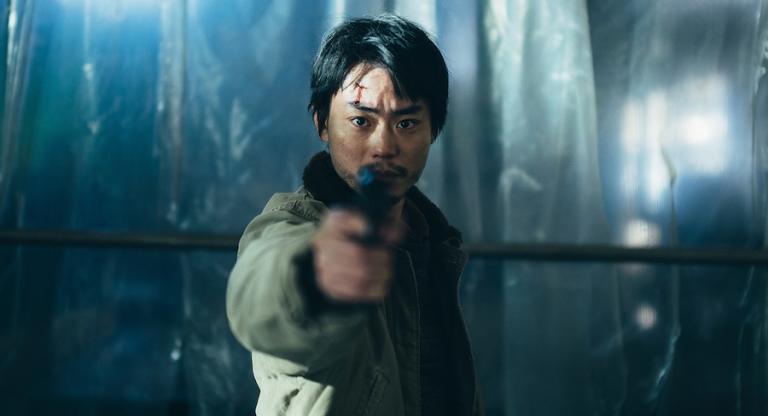Despair (1978), Rainer Werner Fassbinder’s English-language debut, was a high-profile, big-budget gamble: a Tom Stoppard-penned adaptation of a Vladimir Nabokov novel, starring Dirk Bogarde. The larger-than-life names jostle for attention in the opening credits and set an aptly discordant tone for a film about identity in shambles.
Bogarde plays Hermann Hermann, a half-Jewish Russian émigré in Weimar-era Berlin who is beset by a failing business, the rise of fascism, and out-of-body dissociative episodes. Upon meeting a doppelgänger, he resolves to escape Germany and collect on an insurance policy by killing the man, thus faking his own death. The problem is, the lookalike looks nothing like him. Fassbinder makes this clear by casting a separate actor — allegedly a hard-won decision. Stoppard would have preferred that Bogarde play both roles.
Despair is filled with confounding details. Visually, Fassbinder’s predilection for framing interiors with the edges of door frames and window panes is blown out for comedic effect (Hermann’s apartment resembles a curio cabinet cluttered with art deco artifacts). More pernicious are deliberate disruptions of continuity: a disappearing and reappearing mustache on Hermann’s face; Fassbinder favorite Armin Meier playing three separate minor roles. Other Fassbinder regulars mill in the background, uttering strange lines without consequence.
Bogarde grounds the chaos and steers Despair to a tragicomic conclusion, thanks to both the gravitational pull of his presence and a script and direction that leverage his persona as an actor. An early scene explicitly references The Night Porter (1974), with Bogarde donning an SS cap and brandishing a whip as apparent foreplay to ravishing his wife. Later, the line “I am an actor” — first deployed to fool his pawn — becomes a sort of mantra.
Despair was Bogarde’s second-to-last film role, followed only by Bertrand Tavernier’s tender-hearted Daddy Nostalgia (1990). It represents a dismount from a high-wire-act career that began with his choice to play a closeted, blackmailed barrister in 1961’s Victim. The part was daring not only because homosexuality was still criminalized in England, but also because Bogarde was gay and risked drawing public scrutiny. By the time of Despair, he was in a position to turn the tables, and in Fassbinder, he had an enthusiastic accomplice. The director claimed The Damned (1969) was his favorite movie, and (probably) parodied Visconti’s dreadfully serious Death in Venice (1971) by using its famous Mahler soundtrack in In a Year of 13 Moons (released the same year as Despair).
Tom Milne has compared Despair’s finale to that of Sunset Boulevard, another film that tapped its star’s persona and filmography for pathos. “I am an actor,” Bogarde repeats as he surrenders to authorities. “I’m coming out.”
Despair is streaming on the Criterion Channel.


